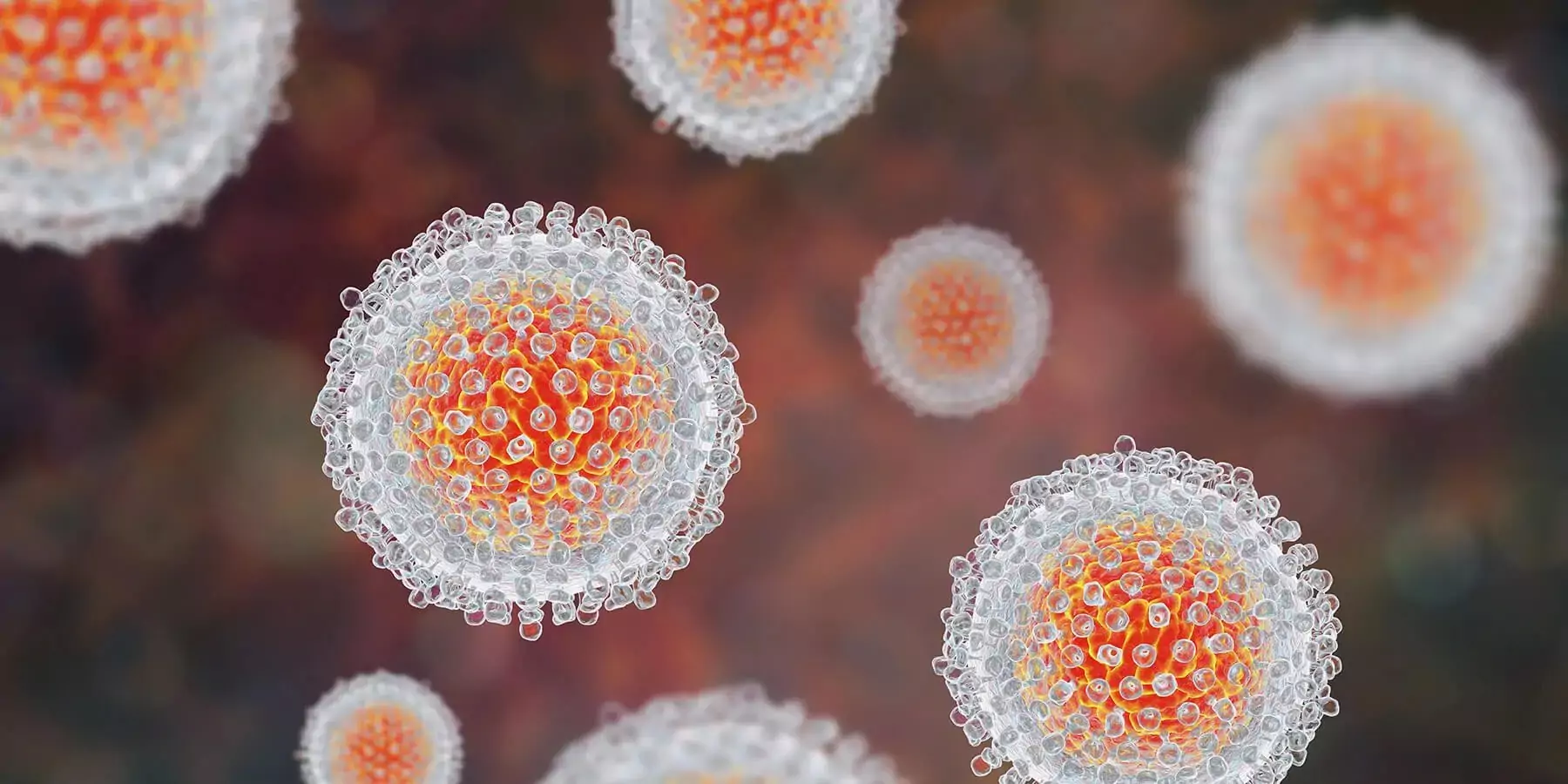Sexual Transmitted Infections (STI)
Sexually transmitted diseases (STDs) — or sexually transmitted infections (STIs) — are generally acquired by sexual contact. The bacteria, viruses or parasites that cause sexually transmitted diseases may pass from person to person in blood, semen, or vaginal and other bodily fluids. Sometimes these infections can be transmitted nonsexually, such as from mothers to their infants during pregnancy or childbirth, or through blood transfusions or shared needles. STIs don’t always cause symptoms. It’s possible to contract sexually transmitted infections from people who seem perfectly healthy and may not even know they have an infection.
Useful For
Detection of 10 Pathogens: Chlamydia trachomatis Mycoplasma genitalium, Neisseria gonorrhoeae, Trichomonas vaginalis, Ureaplasma urealyticum, Ureaplasma parvum, Mycoplasma hominis, Treponema pallidum AND HSV-1 / HSV-2 from genital specimens.
Indications for Testing
-
- Cervicitis
- Urethritis,
- Pelvic inflammatory disease (PID)
- Infertility
- Check-up
Aliases
- STD Multiplex PCR
- STI
- Sexually transmitted infection
- STD
- Sexually transmitted disease
Specimen
|
Specimen Type |
Cervical (endocervical or ectocervical), Urine in sterile tube, Vesicles, scrub in Thin Prep Media, Wart or skin scrub in Thin Prep Media, brush or spatula scrub in Thin Prep Media |
|
Specimen Volume |
20 mL of solution in ThinPrep/PreservCyt vial |
|
REJECT DUE TO |
Specimen containing preservative fluid and/or glacial acetic acid |
Chlamydia is a bacterial infection that’s treated with antibiotics. It affects both men and women, and is more common in women. It doesn’t always have symptoms, but it may cause painful urination and unusual discharge.
Gonorrhea is a bacterial infection that men and women can get in their mouth, rectum or reproductive system. Symptoms include unusual discharge, painful urination and bleeding. Most women don’t experience symptoms. It’s treated with antibiotics.
Syphilis rarely has symptoms. Some people infected with syphilis notice sores or a rash. If it is not treated, it can hurt your brain or heart, and even kill you. Syphilis is treatable when it is caught early.
Herpes is caused by a virus and cannot be cured, though its symptoms can be managed with medication. Symptoms include painful blisters or sores.
Interpretation
DETECTED: indicates the presence of one of this pathogen’s DNA. This assay is not intended as a test of cure as non-viable CT may be detected when performed < 3 weeks after completion of therapy. In cases of treatment failure isolation/culture should be attempted.
NOT DETECTED: absence of one of this pathogen’s DNA.
STI Multiplex Real-Time PCR
Method Description
The Multiplex Realtime PCR Test Taqman Technology:
|
Status |
Days |
Analytic Time |
Maximum Laboratory Time |
|
Routine |
Everyday |
8h |
1days |

